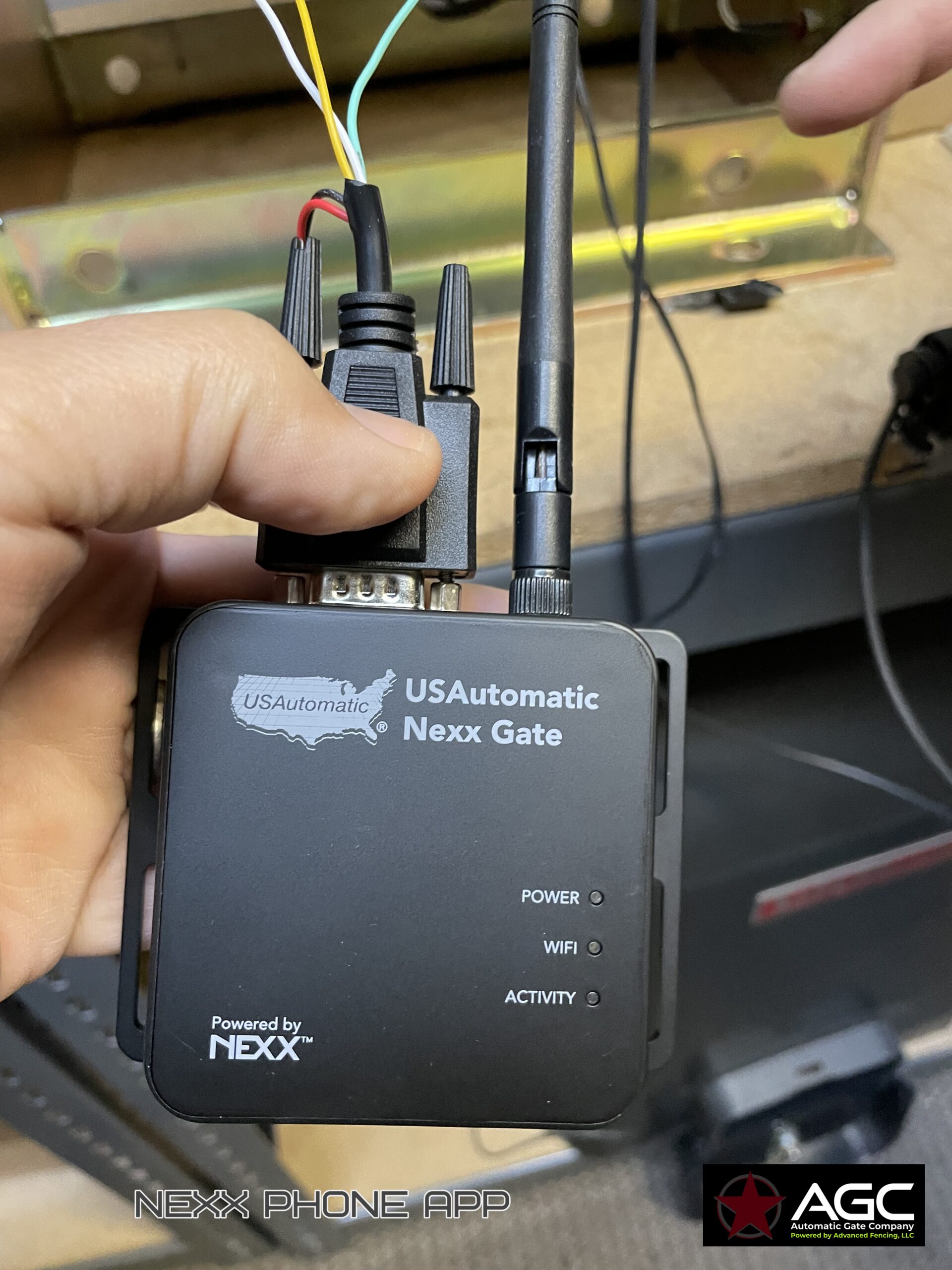

A remote gate opener is a device that allows you to open and close your gate without having to physically be at the gate. There are several different types of remote gate openers, each with its own set of benefits. Keypads and phone entry systems are the most basic type of remote gate opener. Keypads require you to enter a code in order to open the gate, while phone entry systems allow you to call the gate from your phone and then enter a code to open it. Proximity card readers are another type of remote gate opener. These devices allow you to hold your card up to the reader in order to open the gate. Remote clickers are also an option for opening your gate. These devices work by transmitter a signal from the remote to the receiver, which then opens the gate. You can also use a phone app to open your gate. This is a convenient option if you have your phone with you and do not want to carry around a separate remote. Installing a remote gate opener can be a great way to improve security and privacy at your home or business. Gate openers provide an extra level of access control, making it more difficult for unauthorized individuals to enter your property. They also allow you to open and close your gate from a distance, which can be helpful if you are not able to be on-site. Consulting with Automatic Gate Company will help you to understand the choices available to operate your driveway gate, it is sure to make your life more convenient.
-
Telephone Entry & Phone Apps:
Phone entry systems are an easy and convenient way to grant access to a property while remaining secure. Door King is one of the leading manufacturers of phone entry systems, and their products are used by both commercial and residential customers. Cell Gate is another popular choice for phone entry systems, and their products boast a wide range of features and benefits. Elika is another leading manufacturer of phone entry systems, and their products are known for their reliability and durability.
-
Typically, these systems work by calling a specific phone number that is linked to the system. When the call is answered, the gate can be opened remotely. Phone entry systems can be used in a variety of settings, including office buildings, apartments, and gated communities. Phone apps are also becoming increasingly popular as a way to manage access to a home or business facility. The MYQ phone app, for example, works with Lift Master garage door openers and driveway gate openers allowing users to open and close their garage door or driveway gate from the phone. The Nexx Phone App is another option that allows users to control multiple operator systems for driveway gates. As these examples illustrate, phone apps are providing homeowners and businesses with greater control over their property and increasing security.
-
Keypads & Proximity Card Readers:
There are a few different ways to gain access to a secured area. Two common methods are keypads and RFID-based proximity card readers. Keypads require the user to enter a code in order to gain entry, while proximity card readers simply require the user to hold their card near the reader. RFID, or Radio Frequency Identification, is a technology that uses electromagnetic fields to identify and track objects. RFID-based proximity card readers work by using an RFID tag that is embedded in the card. When the card is brought near the reader, the tag is read and the user is granted access. Keypads, on the other hand, require the user to enter a code in order to gain entry. Keypad-based systems are often used in conjunction with other forms of security. Both keypads and RFID-based proximity card readers have their own advantages and disadvantages. Keypads are typically less expensive than RFID-based systems, but they can be less secure if the code is not kept confidential. RFID-based systems are generally more secure than keypad-based systems, but they can be more expensive to implement. Please contact AGC for a consultation for what will work best for your home or business.
